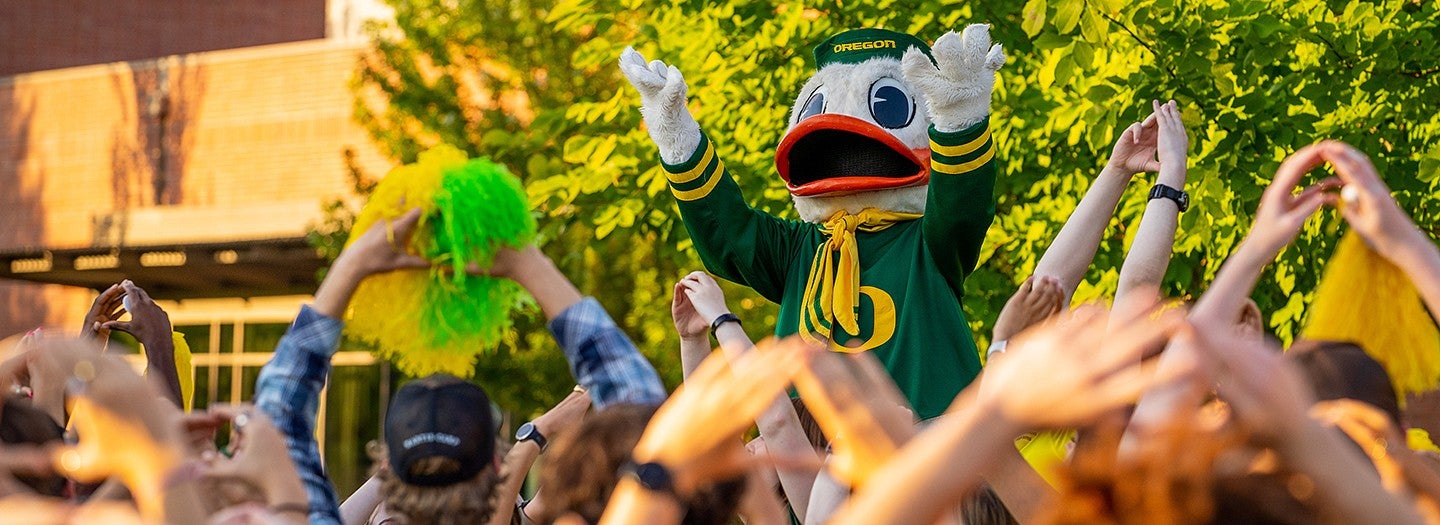There are cultural, institutional, disciplinary, and course-specific differences around how academic integrity and academic misconduct are characterized and defined. Academic integrity is defined by the International Center for Academic Integrity as “a commitment, even in the face of adversity, to six fundamental principles: honesty, trust, fairness, respect, responsibility and courage.” What academic integrity looks like enacted can be challenging for many students (and scholars) to identify clearly across discourse communities. As Tracy Breytag (2016) writes in her introduction to A Handbook of Academic Integrity, “Academic integrity is such a multifarious topic that authors around the globe report differing historical developments which have led to a variety of interpretations of it as a concept.”
The University of Oregon’s Student Conduct Code defines academic misconduct as cheating, fabrication, multiple submissions of work, unauthorized recording and/or use, and assisting another person in participating in academic misconduct.
It's important to acknowledge that students may not fully understand the range of behaviors that fit under this conduct code, and that instructor expectations may vary. This is particularly true around citation practices, around authorized versus unauthorized peer collaboration, and around use of tools like GenAI in the initial stages of developing student work (such as brainstorming ideas or creating an outline). Communicating openly with students in your classes about what constitutes academic integrity and academic misconduct is important, even as the university works to centrally communicate our commitment to academic integrity to students.

